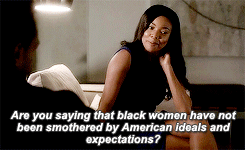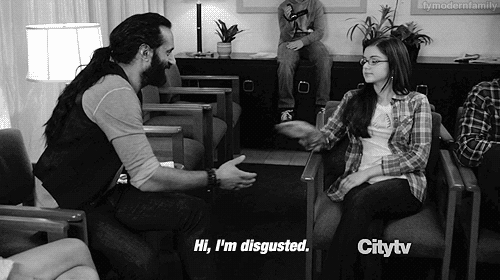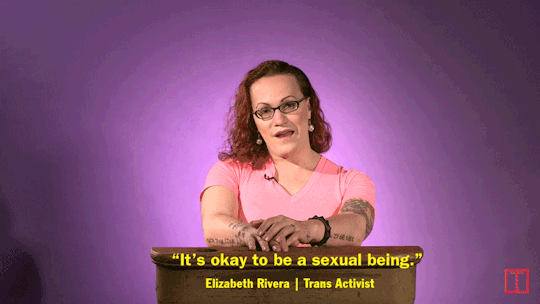
I might be a little biased, but I love being a Social Science major. You are given the opportunity to learn about social problems, social interactions, social structures, and so much more! As a fourth-year Sociology student, I couldn’t help but notice certain themes within my program. While this piece is tailored for Sociology students, this article equally applies to any student in a progressive program; social work, critical race studies, indigenous studies, etc.
1. People love to pick arguments with you.
We love learning processes, and we welcome the opportunity to gain a deeper understanding of social phenomena. It is such a shame sometimes that individuals sometimes engage in these types of conversations with the goal of defeating someone else rather than learning. They aren’t open to learning, but they sure do love to contest controversial issues with you.
2. You probably have some strong opinions on Identity Politics.

Sociology often unpacks social problems, and most students by their final years should have an anti-oppressive mindset. So, you probably support all types of people and fight against sexism, transphobia, homophobia, ageism, racism, ableism, classism, the list goes on. This can get you into some steamy situations to say the least; and I’m not talking about the sexy kind.
3. “It’s a Social Construct.”
 “Gender, it’s a social construct.”
“Gender, it’s a social construct.”
“Race, it’s a social construct”
“Religion, it’s a social construct”.
While I actually laugh at how common this phrase is; it really is true (for symbolic interactionists at least). To suggest that nothing has inherent meaning will certainly get you into some heated debates. In all seriousness though, it is pretty awesome to evaluate and discover the symbolic significance behind attitudes and behaviors and how these ideologies have emerged and transformed over the years.
4. “Folks.”

So, as sociologists (and social workers) know, the language we use is often times exclusionary. Cultural norms are embedded in our language and perception; even how we describe each other. So, students and professors will often utilize this term to include evvverrrryoonnnee when talking about gender, race, etc. While the intent is quite sincere, it can become a little comedic to have someone use the term folks like 10 times in a sentence.
5. You’re comfortable talking about sex.

Well, at least for me. In my specialization (gender and deviance), we talk about sex; a lot. I know what you’re thinking, “YOU TALK ABOUT PENIS AND VAGINAS IN CLASS?” Well sometimes, but mostly it’s about the fluidity of sexuality and gender. Topics like promiscuity, hetero-normativity, non-binary identities, asexuality and much much more! While many theorists have a biological determinist point of view (like Darwin) or a pyscho-social point of view (like Freud), unpacking these opinions are super interesting to us, and you find yourself talking about sex more than you probably should…
6. You find yourself secretly condemning other people’s ignorant behavior.
 Or publicly condemning on some occasions. We are incredibly observant creatures, and we like to analyse people’s behavior. Whether you’re on a bus and you see an array of “man-spreading” while women are sitting crossed-legged so they don’t take up space, or when someone uses a female-pronoun to describe their boat, car, or motorcycle. We notice. We also notice when you make shitty comments about another group of people, and we probably don’t like you very much.
Or publicly condemning on some occasions. We are incredibly observant creatures, and we like to analyse people’s behavior. Whether you’re on a bus and you see an array of “man-spreading” while women are sitting crossed-legged so they don’t take up space, or when someone uses a female-pronoun to describe their boat, car, or motorcycle. We notice. We also notice when you make shitty comments about another group of people, and we probably don’t like you very much.
This may be a very rash generalization, and while social scientists dislike “blanket” terms, there are certainly some trends worth sharing. I admire these programs, and I appreciate the critical thinking skills they equip us with. Long story short? We understand power dynamics, we understand its colonial roots, and we can evaluate how they are reinforced in our culture.
Featured image via “Freudian Slip” by EpicTop10.com / CC BY 2.0





















